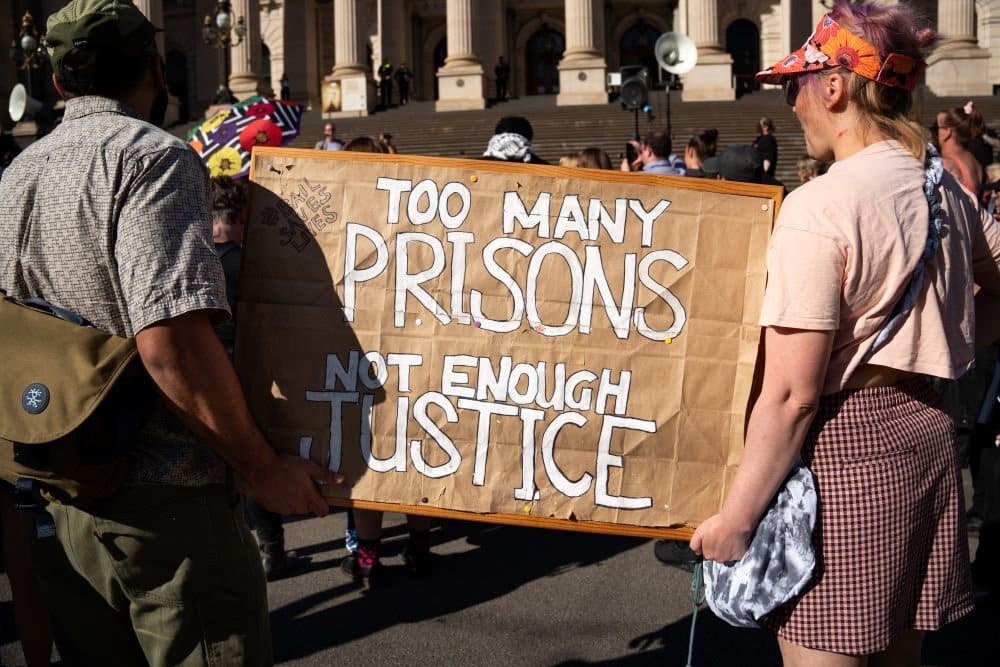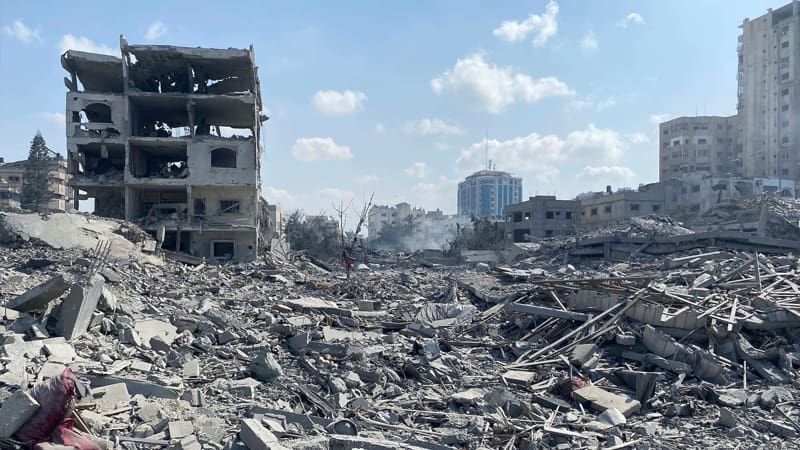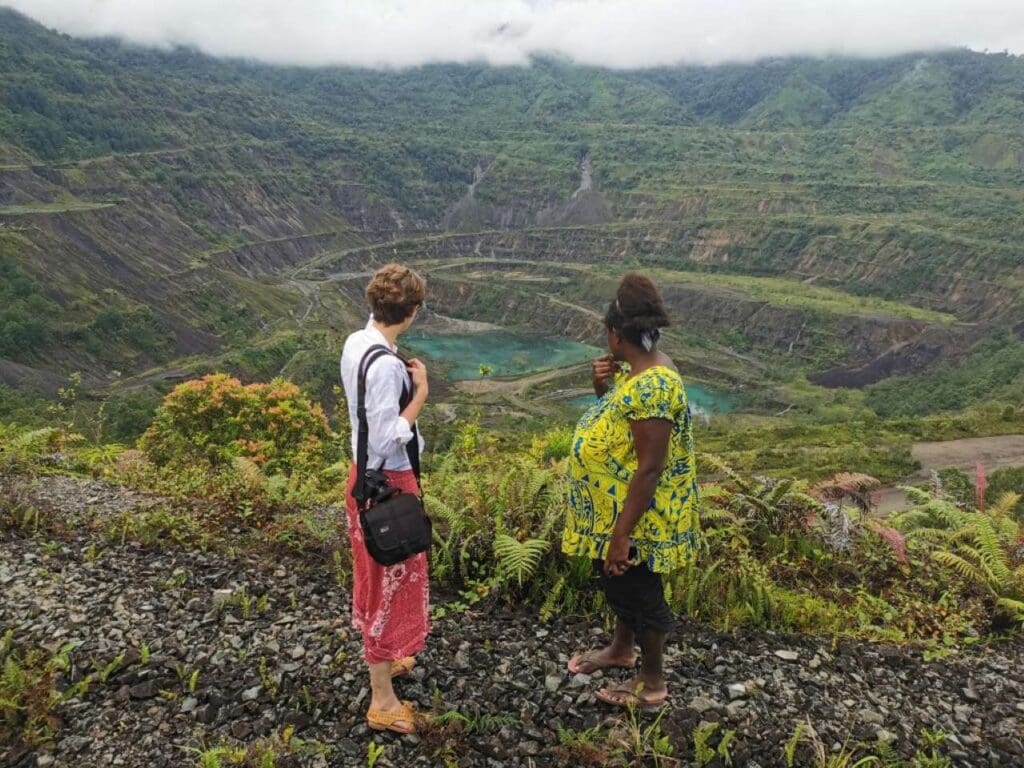UN Child Rights report card on Australia shows Governments are failing kids
UN child rights experts have called on all Australian Governments to raise the age at which they can lock children up from 10 to 14 years and to ban the use of solitary confinement and the use of force, including restraints, on children.
Shahleena Musk, Senior Lawyer at the Human Rights Law Centre, said that all Australian Governments need to act immediately to change laws and policies which have been shown to harm children.
“Prisons are hard cold places that do nothing to help children turn their lives around. All children should be protected from practices that impair and disrupt their healthy development, such as the use of restraints and solitary confinement.”
“Ten year old kids belong in schools and playgrounds, not in prisons, but Australia’s archaic laws are ripping children from their families, community and culture and throwing them into concrete cells. Decent politicians would raise the age of criminal responsibility to prevent harm to vulnerable children behind bars,” said Musk.
The UN child rights experts said that Australian Governments should be doing more to protect and promote child rights, and expressed serious concern over:
-
‘the low age of criminal responsibility’;
-
‘the enduring over representation of Aboriginal and Torres Strait Islander children’ in the justice system;
-
abuse and mistreatment of children in detention including being ‘frequently subjected to verbal abuse and racist remarks’, ‘deliberately denied access to water’, ‘restrained in ways that were potentially dangerous’, and ’subjected to isolation excessively’; and
-
the high number of children in detention, particularly on remand.
The Human Rights Law Centre, child rights advocates and health experts across Australia are all calling for changes to laws and policies that would prevent harm to vulnerable children.
“Raising the age is common sense, but it is also backed up by the science. Kids of this age just don’t have the emotional or mental maturity to fully grasp the consequences of their actions. It’s up to us adults to help kids to learn and develop responsibly rather than dumping them into the quicksand of the criminal legal system. We can and must do better by our kids,” said Musk.
Background to the Convention on the Rights of the Child review
The UN Convention on the Rights of the Child is an international human rights agreement adopted in 1989 by the UN General Assembly. It sets out the rights for children, taking into account their need for special assistance and protection due to their status and vulnerability. In ratifying the agreement, Australia accepted responsibility to take all steps to protect, respect and fulfil children’s rights in Australia. As part of this framework, a Committee called the Committee on the Rights of the Child – a panel of experts on child rights – monitors implementation, and reviews compliance with the Convention. Australia’s previous review was in 2012.
The Concluding Observations of the Committee on the Rights of the Child can be found here.
Media contact:
Michelle Bennett, Communications Director: 0419 100 519
Across Australia, children as young as 10 can be sent to prison. But kids belong in classrooms or playgrounds — not prison cells.
Will you add your name to the call to #RaiseTheAge?
✍️✍️ Sign the petition today https://t.co/aXgpaqjsv6— HumanRightsLawCentre (@rightsagenda) October 4, 2019
Media Enquiries
Chandi Bates
Media and Communications Manager

Crisafulli Government’s shameful adult sentencing laws will harm kids, families, and communities
The Human Rights Law Centre and Change the Record have slammed the Crisafulli Government for passing laws that will sentence even more children to adult-length terms of imprisonment. The laws will lock up children for even longer, and harm kids, families, and communities.
Read more
Statement: Australia’s support for Israel’s ongoing illegal occupation and blockade of humanitarian aid to Gaza must end
The Australian Government is obligated under international law to do everything in its power to bring an end to Israel’s ongoing illegal occupation and blocking of humanitarian aid.
Read more
Rio Tinto to face scrutiny at AGM for response to Panguna mine disaster
As shareholders meet in Perth today for Rio Tinto’s AGM, communities living with the ongoing devastation from Rio Tinto’s former Panguna mine are calling for the company to urgently commit to funding long-term solutions.
Read more


